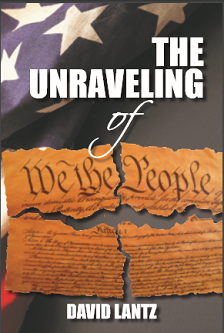
The Declaration of Independence contains this immortal statement:
E Pluribus Unum.
What does it mean? Pull out a coin – penny, nickel, dime, quarter. It doesn’t matter. Look on the backside of the coin. See it there? E Pluribus Unum. It must be important enough for someone to have convinced the United States Treasury that it should be on our money. But that’s not the only thing.
It’s our original National Motto.

There’s a simple way to find out what E Pluribus Unum means. Google It. When you do, you’ll find it refers to one nation – not a fractured nation. Not a nation made of separate, distinct, stand-alone ethnic enclaves. Not a multicultural nation pledging allegiance to whomever strikes one’s fancy.
E Pluribus Unum simply means “Out of many, one.”
One nation. It’s a concept generations of Americans have died fighting to defend and honor. Consider this. Over the last 240 years of our nation’s history, men and women have come to our shores. Forsaking their former allegiances to far off lands, they have learned our language, history, and culture to pledge allegiance to a nation whose national motto means “Out of many, One.”
One. One nation. One people. Abraham Lincoln said in his Gettysburg address:
…that we here highly resolve that these dead shall not have died in vain. . .that this nation, under God, shall have a new birth of freedom. . . and that government of the people. . .by the people. . .for the people. . . shall not perish from the earth.
Since World War I, we have honored the Tomb of the Unknown Soldier. Soldiers who have died in defense of this one nation, under God. A nation built by the sacrifices of many people. People who came here seeking to start their lives over. Using a metaphor of a “melting pot” to describe how we have mixed a nation of immigrants into one people, with one set of ideals – a people known as Americans – this nation has attracted people from all nations who came to our shores seeking to be free.
But what happens when you give you give up the responsibility of deciding for yourself? What happens if you decide that whatever viewpoint the group to which you belong holds is the viewpoint you will adopt?
What happens is that at that point, the promises of the Declaration of Independence are invalidated. When we decide that we will march in lockstep with the views expressed by this or that group, we give up our individual rights and turn them over to whoever the leader of this or that group might be.
- If you pledge your allegiance to the Nation of Islam, then you adopt the views of Luis Farrakhan.
- If you pledge your allegiance to the Ku Klux Klan, then you adopt the views of David Duke.
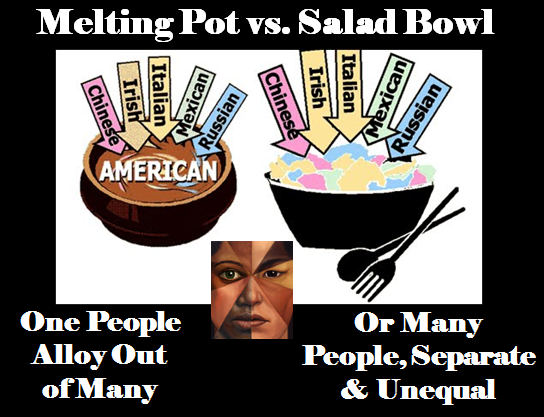
Sadly, because we have worshiped at the altar of “diversity,” we have replaced the “melting pot” with what has come to be known as the “salad bowl.” A melting pot stirs the various elements of society together to make one, great, strong alloy of many people into one people. A salad bowl has different elements mixed together, but which remain distinct and separate from one another.
Those who benefit from this salad bowl metaphor are those who feed off of racial, ethnic, and religious division. By stirring up hate against “those people,” they elevate themselves over their followers. They enslave their followers to their ideology. They breed ideological stratification and the elevation of the “victim class.”
In his seminal book, Democracy in America, French researcher Alexis de Tocqueville talked about the role of equality. In America, all men see themselves as being treated the same as all others under the Law. Thus, in representation of legal decisions, “”Lady Justice” is a blindfolded woman who holds a set of scales. The decision is not based on the social status of the litigants, but on the rightness of their claims. Tocqueville described the results of this sort of equality as follows:
“Democracy extends the sphere of individual freedom, socialism restricts it. Democracy attaches all possible value to each man; socialism makes each man a mere agent, a mere number. Democracy and socialism have nothing in common but one word: equality. But notice the difference: while democracy seeks equality in liberty, socialism seeks equality in restraint and servitude.”
Tocqueville feared that in the future, the demand for equality would be bent to a “democratic despotism” that would seek social control via a centralized bureaucracy. Of this fear, one commentary states the following:
Unable to turn to their wider circle of acquaintances and fellow citizens for assistance during hard times, democratic citizens turn instead to the state, “an immense tutelary power” that “takes charge of assuring their enjoyments and watches over their fate.” The rule of such a state is “mild” and “does not tyrannize,” but rather “hinders, compromises, enervates, extinguishes, dazes, and finally reduces each nation to being nothing more than a herd of timid and industrious animals of which the government is the shepherd.” Tocqueville feared that the price of equality was the willing loss of liberty, and he therefore admonished democracies to guard against this deceptively gentle form of democratic tyranny.
So what did he recommend to combat the “gentle form of democratic tyranny” that he believed would eventually materialize? Interestingly, the same thing that the founders of this nation believed was needed:
He further argued that democracy ultimately required firm religious commitments, which would curb individualism’s worst excesses by instilling in persons a sense of dignity and humility. By identifying and attempting to ameliorate democracy’s paradoxical excesses toward conformity and individualism, Tocqueville sought to make democracy safe for liberty and to promote an ennobled, rather than a debased, form of equality.
Today, the democratic despotism Tocqueville feared has materialized. The melting pot has been replaced with a salad bowl, leading to a disparate stratification of many people groups all clamoring for, but never finding, equality. We’ve attempted to make everything dependant on the federal government, and in so doing, we have lost the vibrancy of a nation that wishes to be united as one people, not a hodge podge of tribes at each other’s throats. It’s time that all of us work together to reverse course, and restore the American spirit of self-reliance and pride in self-accomplishment exemplified the American spirit.


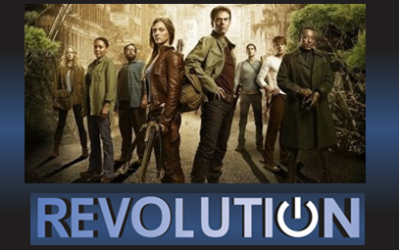

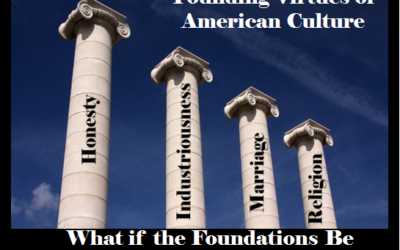
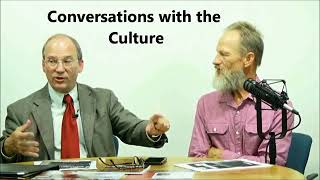
What an excellent article! – So needed! – Will send it to some of my friends. Thank you!!!